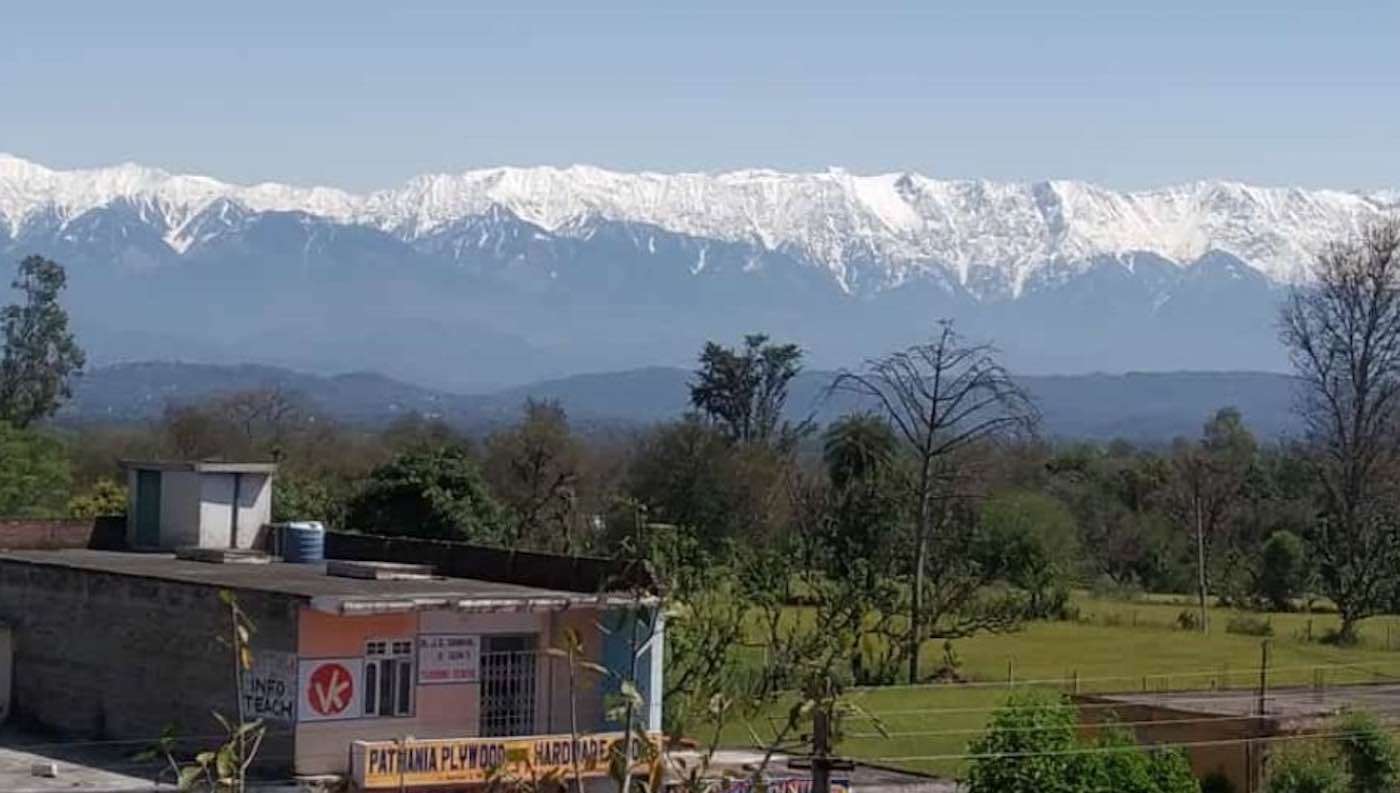Newly-Developed Enzyme That Breaks Down Plastic Bottles in Hours is On Track to Change the Recycling Game
Carbios is responsible for making a new enzyme that breaks down plastic bottles in just 10 hours—all while keeping them molecularly sound.

Himalaya mountains can be seen from Jalandhar since pollution has reduced in Punjab. Beautiful sight 😍#punjab #COVID19 #pollution pic.twitter.com/iZy7hwxX9R
— TjSingh (@covsinghtj) April 3, 2020
Himalaya mountains can be seen from Jalandhar since pollution has reduced in Punjab. Beautiful sight 😍#punjab #COVID19 #pollution pic.twitter.com/iZy7hwxX9R
As more and more global communities enforce stay-at-home orders and social restrictions, rates of air pollution have plummeted.
The most notable example of this phenomenon emerged on the horizon of Jalandhar in Punjab, India earlier this week.
For the last 30 years, the tops of the Himalayan mountains have been obscured by air pollution and smog. Now as the city streets are emptied of traffic and gas-guzzling vehicles, the mountaintops were clearly visible to the millions of local communities in quarantine.
Photographers living as far as 200 kilometers (124 miles) away from the mountain range have since posted awe-inspiring pictures of the snow-capped peaks to social media in celebration of the spectacular sight.
The same mountains from my home 😍 #Nozoom pic.twitter.com/4zHwyoMp4R
— Abbu Pandit (@abbu_pandit) April 3, 2020
The same mountains from my home 😍 #Nozoom pic.twitter.com/4zHwyoMp4R
This is not the first time that people have taken notice of cleaner air amidst the COVID-19 shutdowns; following similar reports in China and the US, air pollution is continuing to plummet in countries with social restrictions, such as the UK and India. In New Delhi alone—which has some of the worst air pollution in the world—airborne particulates plunged by 71% in just one week.
Particle pollution in major UK cities have also dropped by as much as one-third—and the rates are expected to fall even further as lockdowns continue.
"These are big changes—pollution levels are the equivalent at the moment of a holiday, say an Easter Sunday," Professor James Lee from York University and the National Centre for Atmospheric Science told The Guardian about the data. "And I think we will see an even starker drop off when the weather changes."
This is just one of many positive stories and updates that are coming out of the COVID-19 news coverage this week. For more uplifting coverage on the outbreaks, click here.
Clean Up Negativity By Sharing The Good News With Your Friends On Social Media…
Be the first to comment